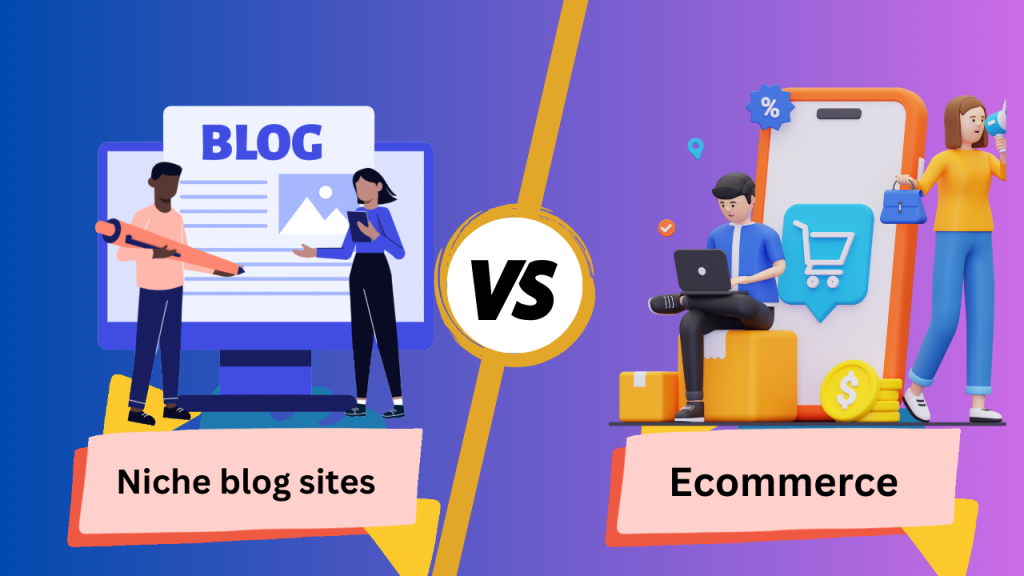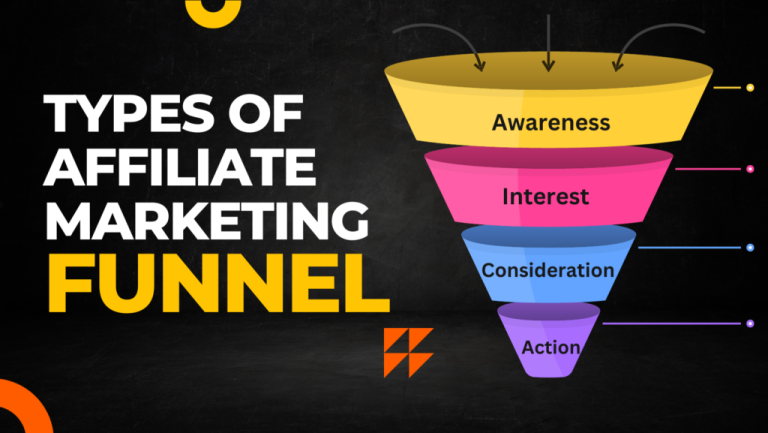In the vast landscape of online entrepreneurship, two popular business models stand out – Niche Affiliate Sites and E-commerce platforms. Both offer unique opportunities, but they come with their own set of pros and cons.
In this comprehensive guide, we will delve into the world of niche affiliate sites and e-commerce, weighing the advantages and disadvantages to help you make an informed decision for your online business venture.
Niche Affiliate Sites
A niche site is a website that focuses on a very specific subset of a broader market with the purpose of monetizing its traffic. Niche sites usually generate revenue through ads, affiliate marketing, or digital products like online courses, private communities, or ebooks.
What makes niche sites so attractive is they can be operated semi-passively and usually have high-profit margins.
Finally, successful niche websites can even sell for multiples between 20-40x on marketplaces like Empire Flippers and FE International.
Related: Finding Your Affiliate Marketing Niche: A Step-by-Step Guide 2023
Pros:
- Low Initial Investment: Niche affiliate sites typically require less upfront capital compared to e-commerce stores. You don’t need to worry about managing inventory or shipping products.
- Passive Income: Once set up, affiliate sites can generate passive income. You earn commissions for every sale or lead generated through your site, allowing you to make money while you sleep.
- Wide Range of Niches: Affiliate marketing allows you to explore a broad spectrum of niches, from technology and health to lifestyle and hobbies. You can choose a niche that aligns with your interests.
- No Customer Support: With affiliate marketing, you don’t deal with customer support issues. The product owner handles customer inquiries, refunds, and support.
Cons:
- Dependent on Affiliate Programs: Your success is tied to the performance and reliability of affiliate programs. If they change their terms or shut down, your income could be affected.
- Content Creation: Affiliate sites require continuous content creation to attract and retain visitors. This can be time-consuming.
- Competitive Landscape: The affiliate marketing space is highly competitive. Standing out from the crowd can be challenging.
E-commerce sites
An eCommerce website is one that enables you to buy and sell physical goods, digital products, or services online.
It’s a business concept that incorporates online sales transactions. This format is followed by almost every online shopping website, large or small.
ECommerce websites are places where you can make purchases over the internet.
Pros:
- Full Control: E-commerce provides complete control over your business. You manage product selection, pricing, and customer experience.
- Branding Opportunities: Building a brand around your e-commerce store can lead to long-term success and customer loyalty.
- Direct Sales: You earn full profits from product sales, minus operational costs.
- Scalability: E-commerce businesses can scale rapidly by adding more products or expanding to new markets.
Cons:
- High Initial Costs: Starting an e-commerce store can be expensive, with inventory, website development, and marketing costs.
- Inventory Management: You need to handle inventory, which can be complex and costly.
- Customer Support: Managing customer inquiries, returns, and support can be time-consuming.
- Market Saturation: Some niches in e-commerce are highly competitive, making it challenging for new entrants to gain a foothold.
Conclusion
Both niche affiliate sites and e-commerce have their merits and drawbacks. The right choice depends on your budget, business goals, and personal preferences. If you’re looking for a low-cost, passive income stream, affiliate marketing may be the way to go. On the other hand, if you have the resources to invest and desire full control over your business, e-commerce could be your path to success.
In the end, it’s essential to conduct thorough research, consider your strengths and weaknesses, and choose the model that aligns best with your vision for your online business. Regardless of your choice, dedication and hard work are key to achieving success in the ever-evolving world of online entrepreneurship.
So, which path will you choose for your online business journey?




